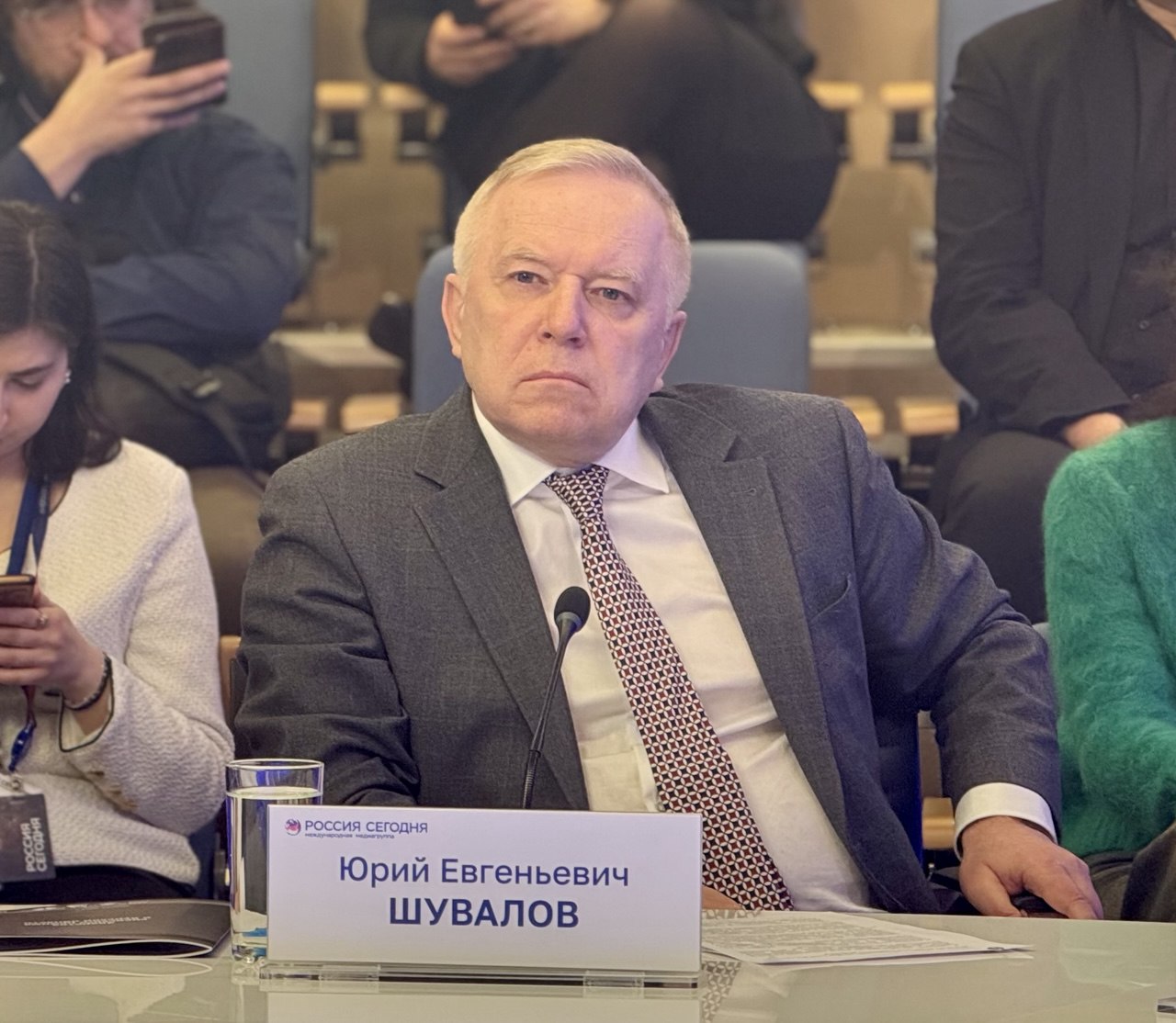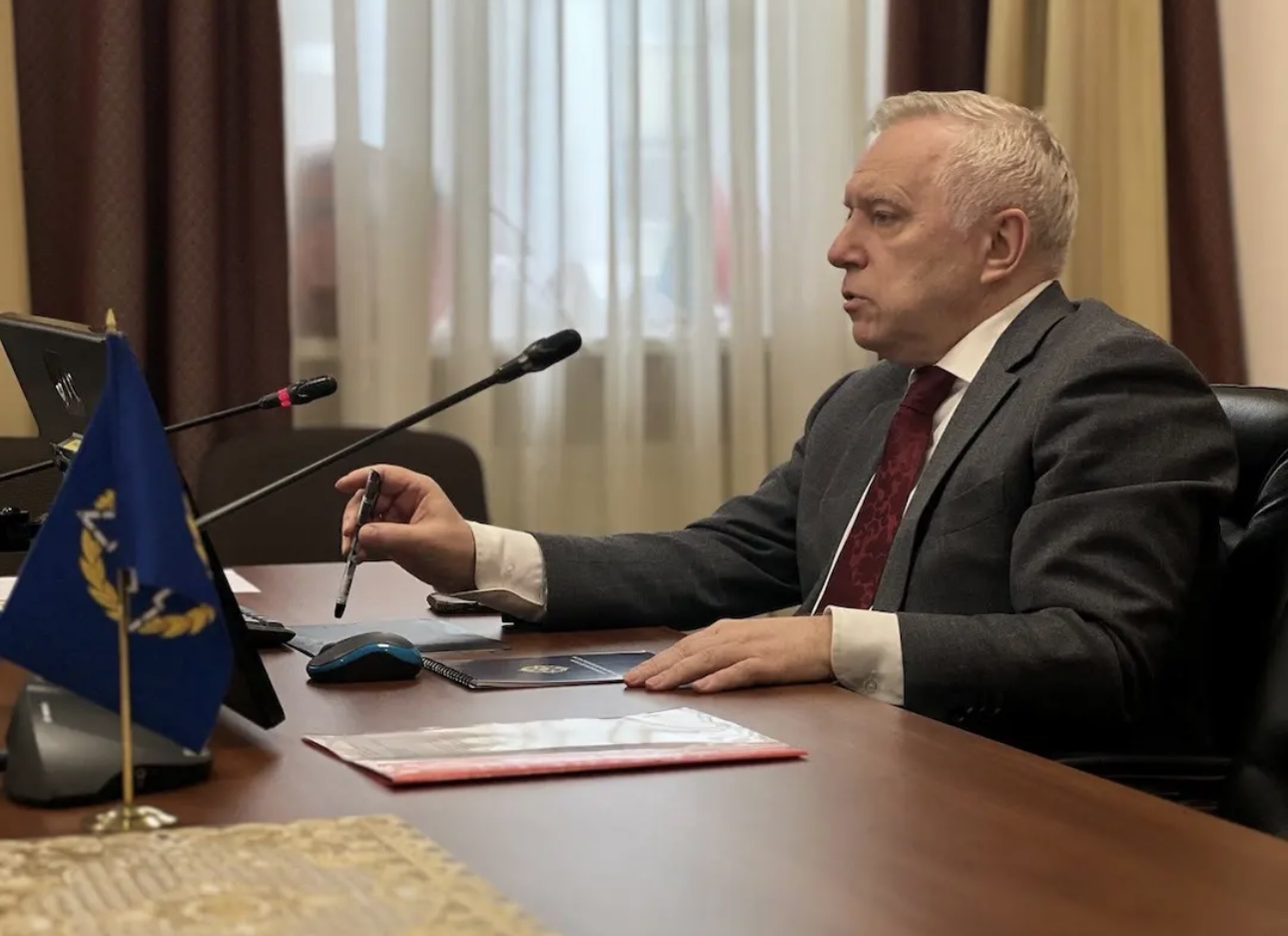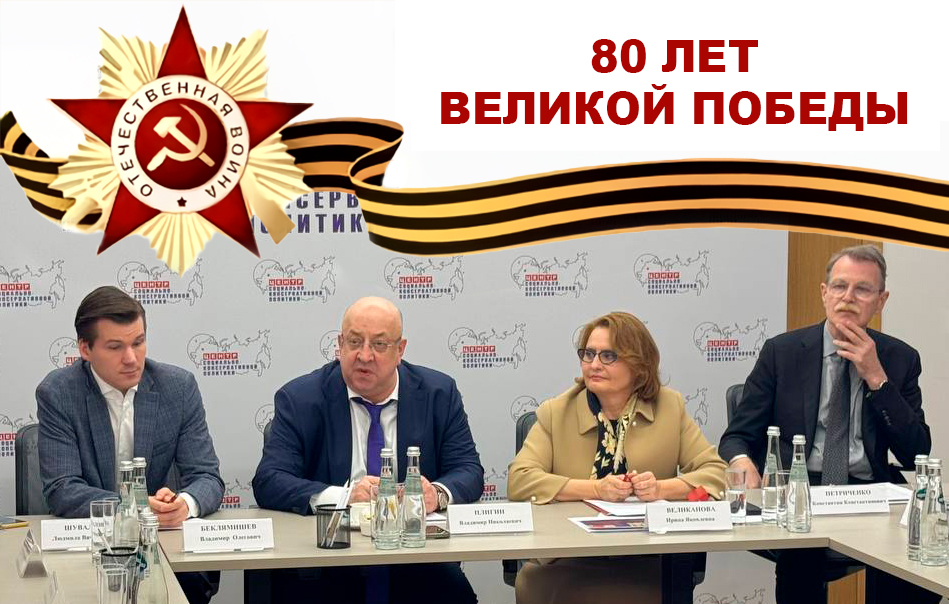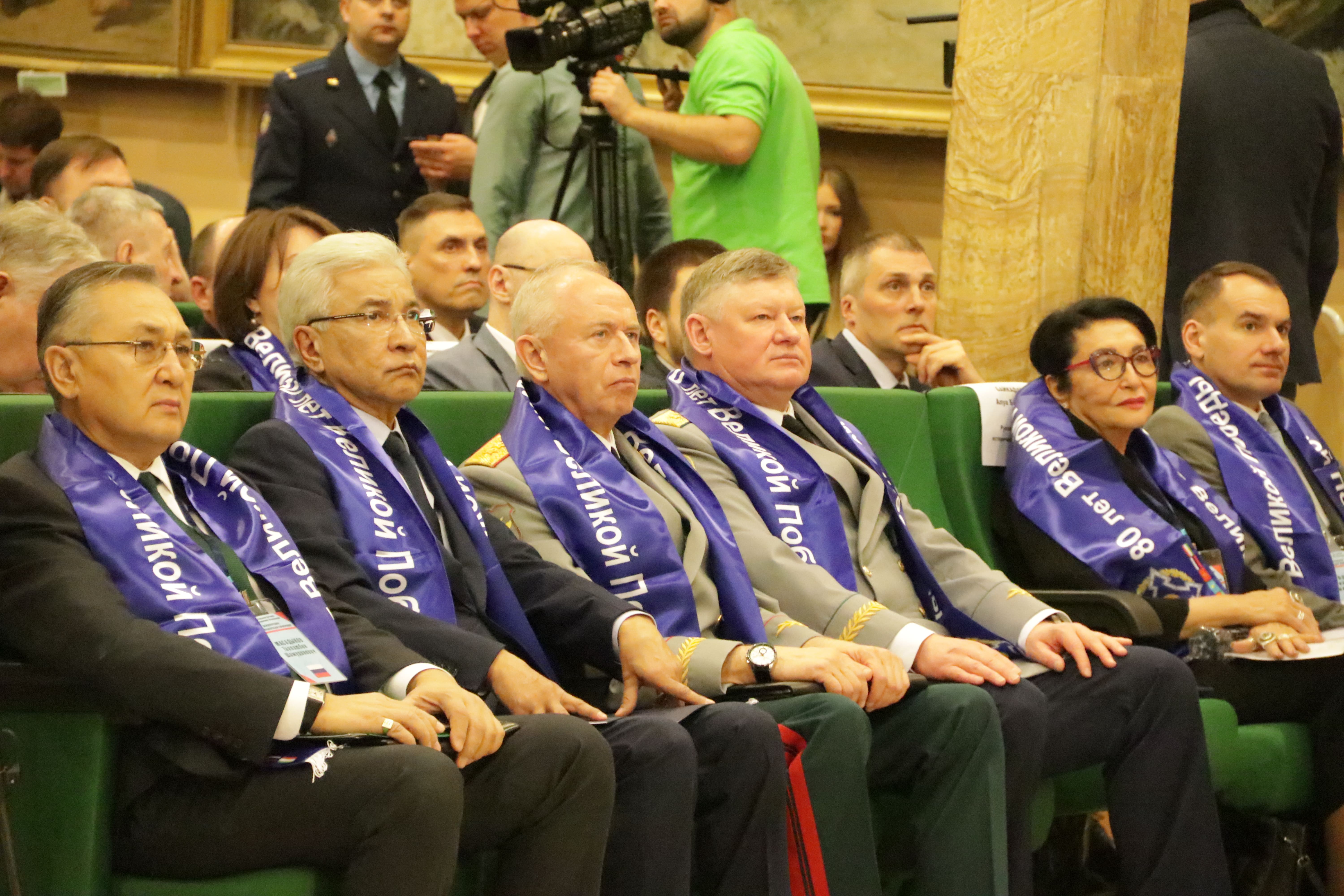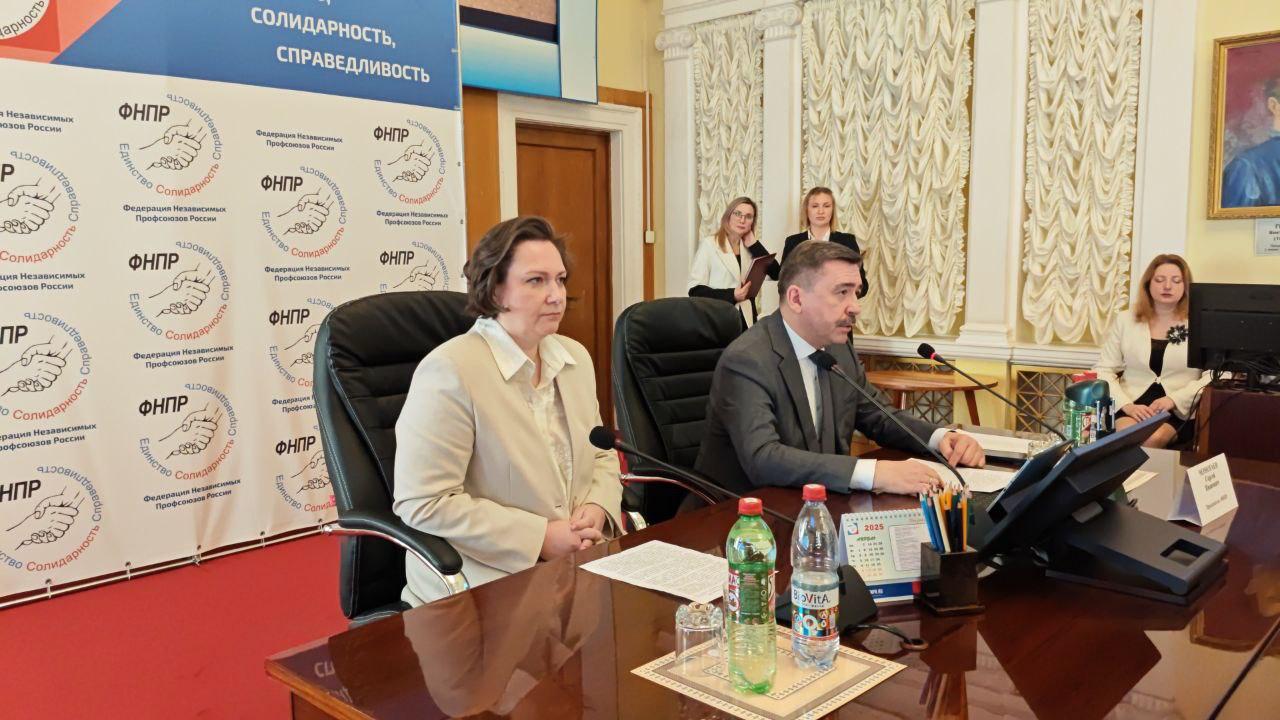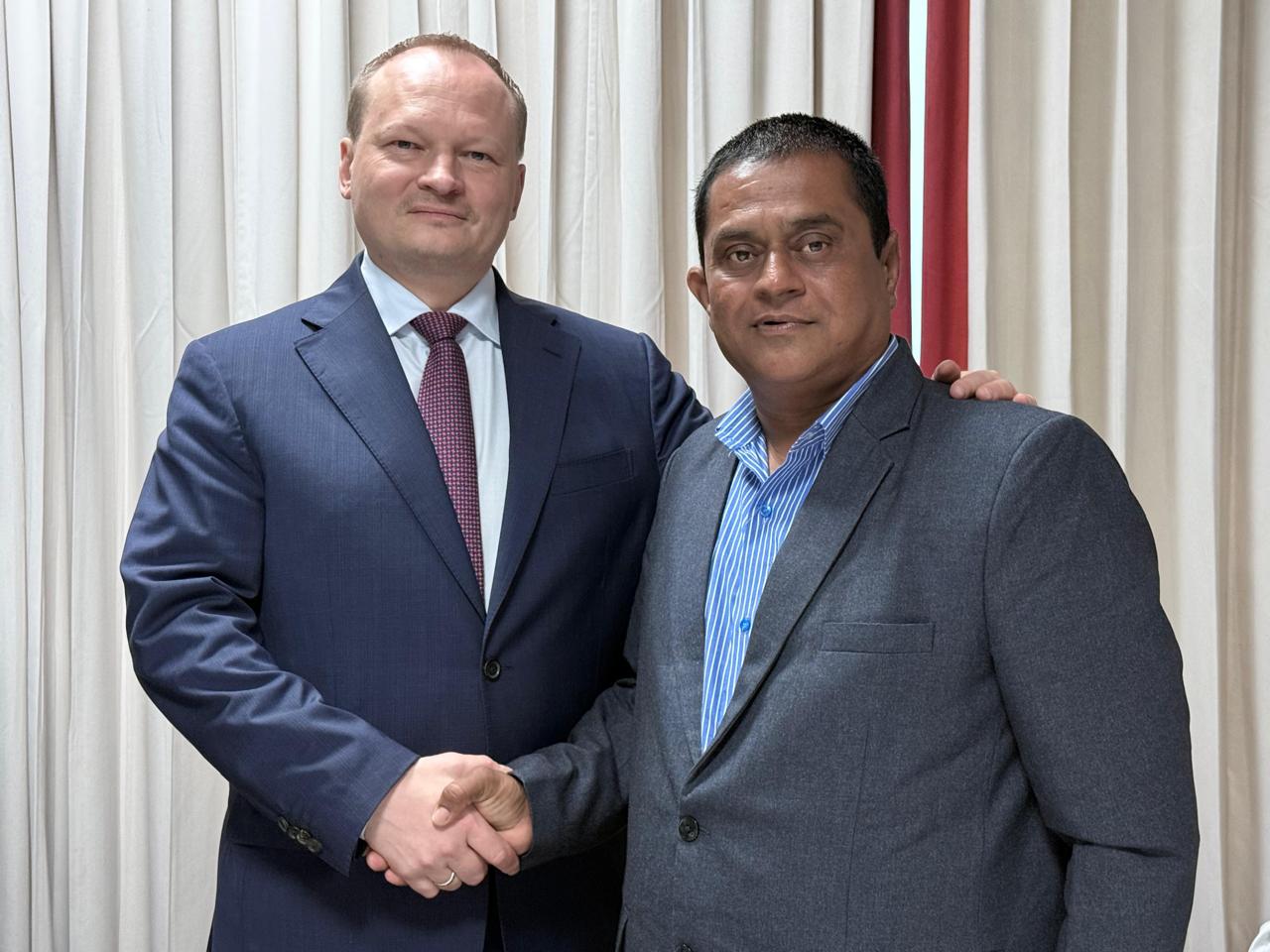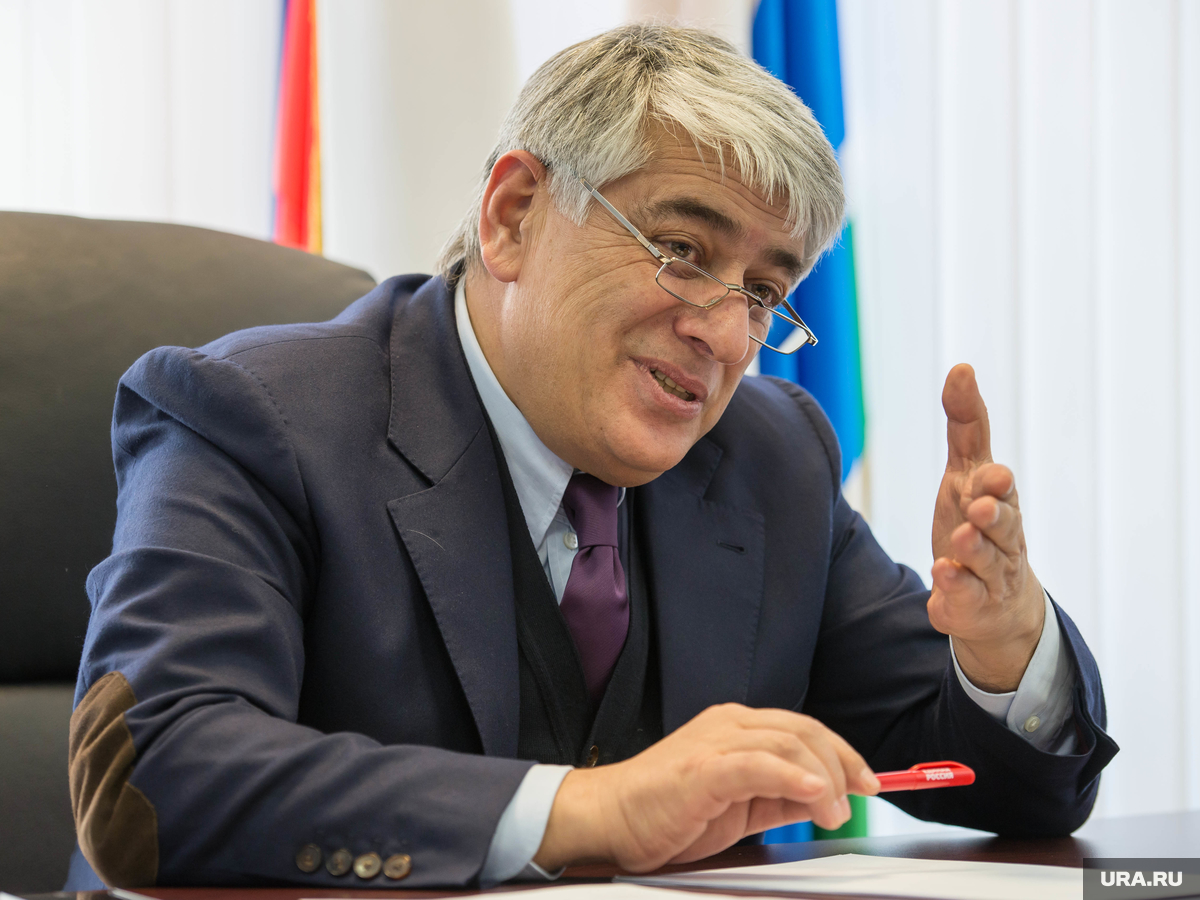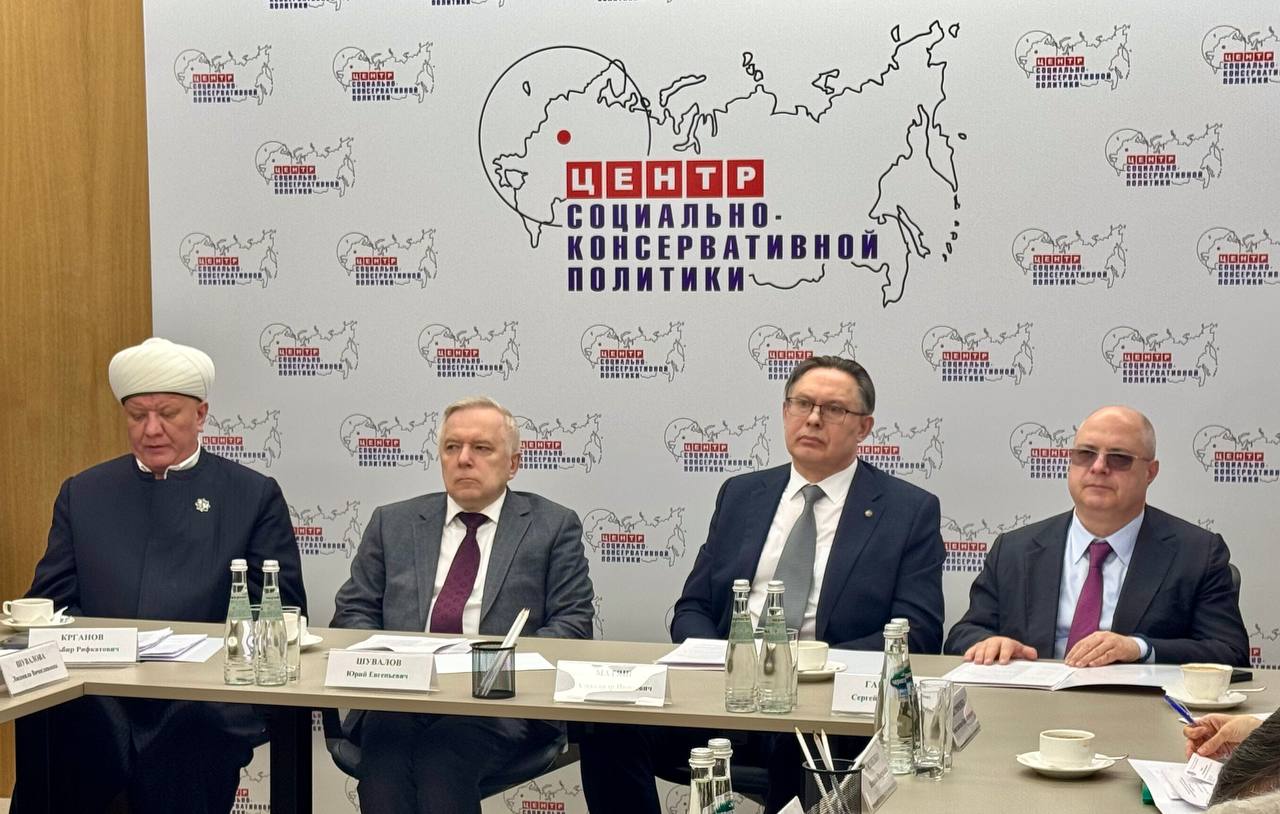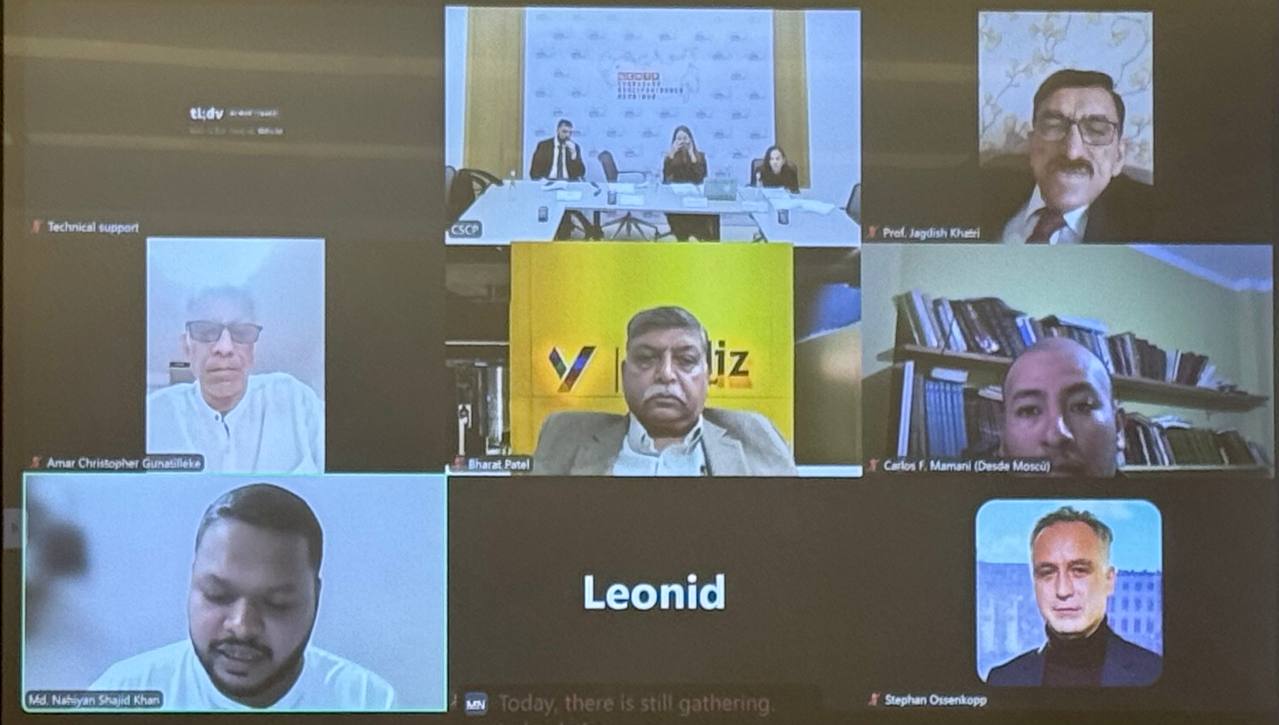Проект. Иссык-Куль, июнь 2025 г.
В 2025 году мировая общественность отмечает 80-летие победы над нацизмом, 80-летие окончания Второй мировой войны, 80-летие основания Организации Объединенных Наций (ООН). На пространстве постсоветской Евразии 2025 год народы и новые независимые государства с особым трепетом отмечали 80-летие Победы в Великой Отечественной войне.
Сегодня решается вопрос: станут ли поколения XXI века продолжателями лучших традиций ХХ века и всей человеческой истории или мир окажется ввергнут в новый глобальный военно-политический кризис, и на этот раз – с перспективой тотального уничтожения.
В связи с этим мы, представители экспертных сообществ государств-членов Организации Договора о коллективной безопасности (ОДКБ):
— движимые ответственностью за судьбу своих народов и государств;
— фиксируя наличие предпосылок и для лучшего, и для худшего из сценариев развития ситуации на глобальном уровне, а также исходя из понимания, что каждый из возможных сценариев зависит от решений и действий сегодняшних политиков и общественных сил, от степени их ответственности;
— с тревогой констатируя, что технологические возможности ХХ века превзойдены, и вопросы международной безопасности, всеобщей и неделимой, как никогда тесно сопряжены с проблемой выживания всего человечества;
— будучи убеждены, что смысл и содержание Устава ООН и Всеобщей декларации прав человека остаются фундаментальной правовой и морально-идейной опорой для обеспечения безопасности и решения других проблем, стоящих перед человечеством;
— развивая направления диалога и сотрудничества экспертных сообществ государств-членов ОДКБ, определенные, в том числе, в ходе конференции «Россия в формирующемся многополярном мире: осмысление будущего» (Уфа, 7-8 октября 2024 г.) и конференции «Вклад народов государств – членов ОДКБ в Победу в Великой Отечественной войне» (Москва, 24 апреля 2025 г.);
Приветствуем:
— инициативу «Евразийской хартии многообразия и многополярности в XXI веке», направленной на укрепление правовых и морально-идейных основ для решения современных проблем безопасности и иных проблем, стоящих перед человечеством;
Считаем необходимым:
— укреплять международное сотрудничество экспертных и научных сообществ, независимых экспертов и общественных деятелей, ориентированное на поиск мирных и взаимоприемлемых решений, отвечающих духу и букве Устава ООН и Всеобщей декларации прав человека, призванных воплотить цели и ценности, связанные с победой над нацизмом, победой во Второй мировой войне, основанием ООН;
— продолжать и наращивать общественные и экспертные дискуссии, а также научные исследования, способствующие укреплению: безопасности во всех сферах, а также, безопасности человека, общества и государства в киберпространстве (с учетом факторов стремительного развития и внедрения искусственного интеллекта (ИИ)), противодействию экстремистским идеологиям, обеспечению комплексной социокультурной безопасности на Евразийском пространстве и в мире в целом;
— содействовать восстановлению и укреплению роли ООН в качестве центрального координирующего механизма в согласовании интересов государств, в том числе, путем изучения и согласования позиций различных стран по вопросу о культурно-исторических основах Всеобщей декларации прав человека в горизонте 80-летия ее принятия, которое будет отмечаться во всем мире в 2028 г., и в контексте современных вызовов и угроз для мировой цивилизации.
In 2025, the world community celebrates the 80th anniversary of the victory over Nazism, the 80th anniversary of the end of World War II, and the 80th anniversary of the founding of the United Nations (UN). In the space of post-Soviet Eurasia, the peoples and newly independent states celebrated the 80th anniversary of the Victory in the Great Patriotic War with special trepidation.
Today, the question is being decided: will the generations of the 21st century become the successors of the best traditions of the 20th century and the entire human history, or will the world be plunged into a new global military-political crisis, and this time with the prospect of total destruction?
In this regard, we, representatives of the expert communities of the member states of the Collective Security Treaty Organization (CSTO):
— driven by responsibility for the fate of their peoples and states;
— fixing the prerequisites for both the best and worst scenarios for the development of the situation at the global level, as well as based on the understanding that each of the possible scenarios depends on the decisions and actions of today’s politicians and social forces, on the degree of their responsibility;
— Noting with alarm that the technological capabilities of the twentieth century have been surpassed, and the issues of international security, universal and indivisible, are more closely linked than ever to the problem of the survival of all mankind;
— Convinced that the meaning and content of the UN Charter and the Universal Declaration of Human Rights remain the fundamental legal, moral and ideological support for ensuring security and solving other problems facing humanity;
— developing areas of dialogue and cooperation between the expert communities of the CSTO member states, identified, inter alia, during the conference «Russia in the emerging multipolar world: understanding the future» (Ufa, October 7-8, 2024) and the conference «The contribution of the peoples of the CSTO member states to the Victory in the Great Patriotic War» (Moscow, April 24, 2025);
We welcome:
— the initiative of the «Eurasian Charter for Diversity and Multipolarity in the 21st Century», aimed at strengthening the legal, moral and ideological foundations for solving modern security problems and other problems facing humanity;
We consider it necessary:
— to strengthen international cooperation of expert and scientific communities, independent experts and public figures, focused on the search for peaceful and mutually acceptable solutions that meet the spirit and letter of the UN Charter and the Universal Declaration of Human Rights, designed to embody the goals and values associated with the victory over Nazism, the victory in World War II, and the founding of the UN;
– to continue and build up public and expert discussions, as well as scientific research that contribute to strengthening: security in all spheres, as well as the security of man, society and the state in cyberspace (taking into account the factors of rapid development and introduction of artificial intelligence (AI)), countering extremist ideologies, ensuring comprehensive socio-cultural security in the Eurasian space and in the world as a whole;
— to contribute to the restoration and strengthening of the role of the UN as a central coordinating mechanism in coordinating the interests of states, including by studying and coordinating the positions of various countries on the issue of the cultural and historical foundations of the Universal Declaration of Human Rights in the horizon of the 80th anniversary of its adoption, which will be celebrated throughout the world in 2028, and in the context of modern challenges and threats to world civilization.

